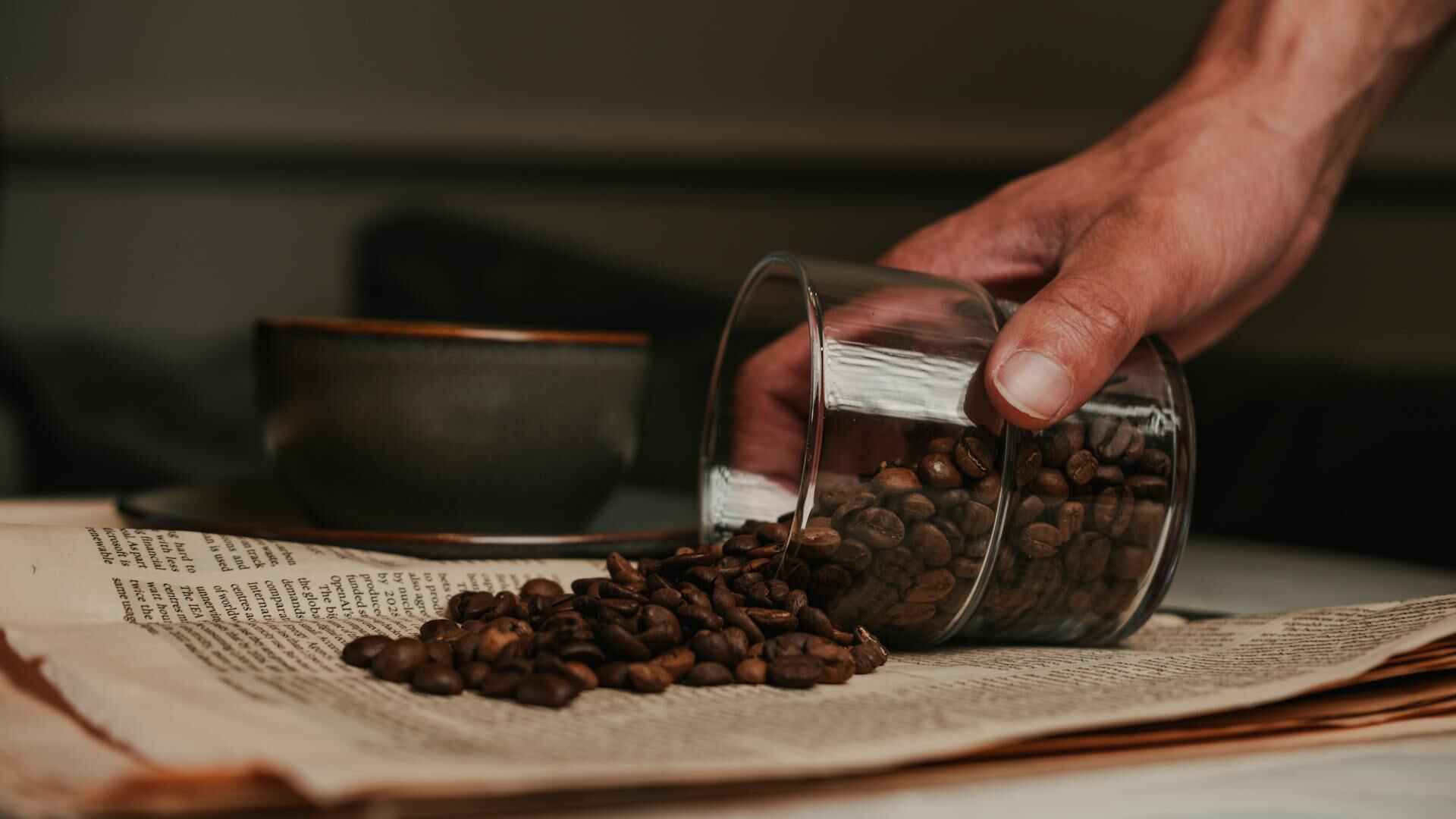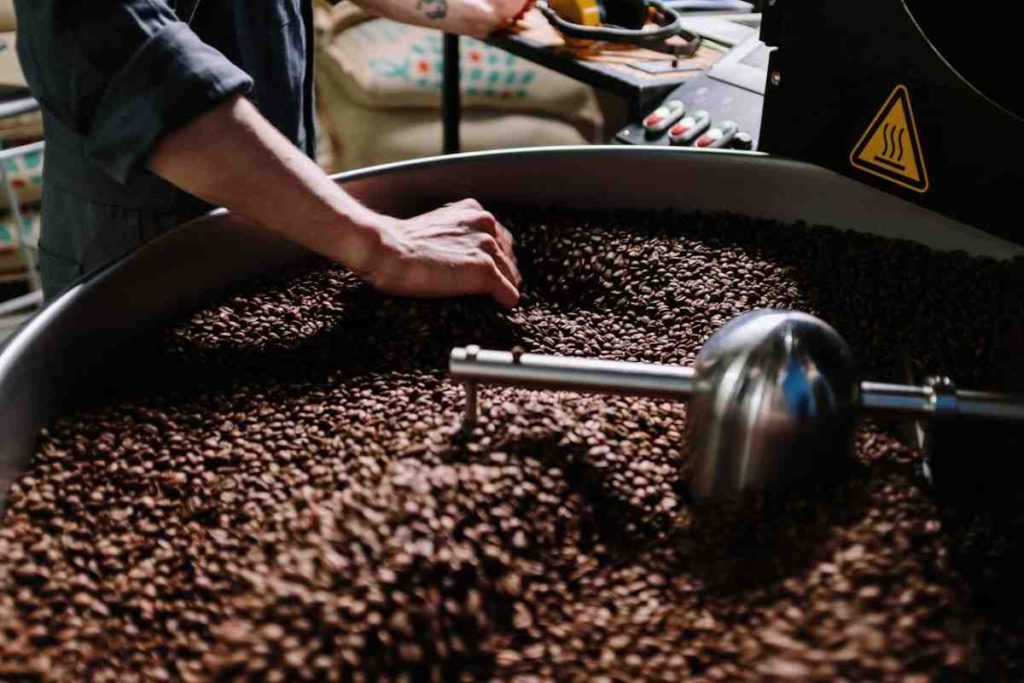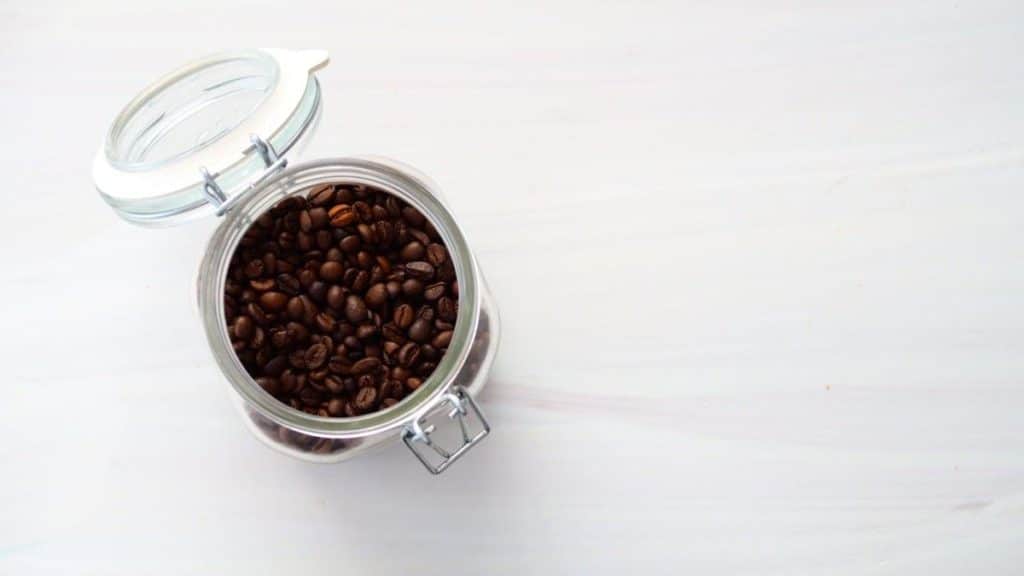How to Store Coffee Beans for Maximum Freshness

There’s nothing quite like the invigorating aroma of freshly brewed coffee. It’s the ritual that stirs the senses awake and sets the tone for the day. But the secret to a truly great cup isn’t just in the brewing, it begins much earlier with how the beans are stored. Even the finest, freshly roasted coffee can taste flat or lifeless if it isn’t cared for properly. As experienced coffee professionals, we know that beans are fragile and the way they are stored can make all the difference between a vibrant, aromatic brew and a disappointing, stale cup.
This guide will show you how to protect your beans’ flavor, aroma, and vibrancy-so every cup taste as good as the roaster intended.
Why Coffee Freshness is Non-Negotiable
When coffee is roasted, it comes alive. Beans release carbon dioxide, carrying with it delicate aromatic oils that give your cup its unique personality. But those same compounds are fleeting. Air, light, moisture, and heat quickly strip them away. Within just a few weeks, an untreated bag of coffee can lose its spark, leaving behind dull, stale flavors.
Think of coffee beans like fresh herbs: fragrant and lively at first, but quick to fade if left exposed. Store them well, and they’ll reward you with a brew that still feels “alive.”
The Four Villains of Fresh Coffee
If you want to keep beans tasting their best, you first need to know what you’re fighting against. Four culprits rob coffee of its character: oxygen, light, moisture, and heat. Oxygen flattens flavors through oxidation. UV light breaks down organic compounds. Moisture causes beans to swell, absorb odors, and even mold. And heat speeds everything up, aging your beans before their time.

A good storage setup is like armor—it keeps all four villains out, giving your beans a fighting chance to stay vibrant.
Choosing the Right Container
Not all containers are created equal. That stylish glass jar on your counter might look beautiful, but if it lets in light or air, your beans are at risk. The best option is a container that’s both airtight and opaque.
Specialty roasters often package beans in valve-sealed bags, which let CO₂ escape while keeping oxygen out. These are excellent for short-term storage. For longer-term, many coffee professionals swear by vacuum canisters, which actively remove air and keep conditions stable. As a rule of thumb, if you can see light through your container, it’s not the right choice.
Where to Store Your Coffee Beans

Your kitchen is full of “danger zones” for coffee. The fridge, for example, is one of the worst places—moisture seeps in, odors transfer, and beans quickly lose their purity. The countertop might feel convenient, but sunlight and stovetop heat are just as harmful.
The best home for your coffee is a cool, dark cupboard or pantry—stable, dry, and away from heat sources. Think of it like a little cellar for your beans, where they can rest safely until you’re ready to brew.
The Freezing Debate
Few topics stir as much debate among coffee lovers as freezing beans. Some swear it ruins flavor, while others treat it as a freshness hack. The truth lies in how it’s done. Freezing dramatically slows down staling, but only if the beans are sealed tightly and portioned correctly.
Here’s how we recommend approaching it: when buying in bulk, divide the beans into small, airtight bags—each holding just enough for about a week’s use. Store these portions in the freezer and leave them untouched until needed. When it’s time to brew, remove one portion, allow it to thaw completely while still sealed, and only then open it. Managed this way, frozen beans can retain their vibrancy and taste almost as lively as the day they were roasted.
Understanding Coffee’s Shelf Life
Freshness isn’t a fixed date—it’s a window. Whole beans, stored well, typically shine for two to four weeks after roasting. Ground coffee, however, loses vibrancy within days (sometimes hours) because the increased surface area exposes more compounds to oxygen. That’s why grinding fresh before brewing is the single best habit you can adopt.
For those who freeze beans properly, the window extends much longer—sometimes two to three months—without a noticeable dip in quality.
Everyday Habits for Fresher Brews
Here’s the way I keep it simple:
- Buy small, buy often. A smaller bag every few weeks beats stockpiling.
- Protect your beans. An opaque, airtight canister is your best ally.
- Grind right before brewing. It’s like slicing into a fresh fruit versus eating it pre-cut from yesterday.
- Freeze wisely if you must. Portion and seal before freezing—never freeze and refreeze the same beans.
In short: buy small, store smart, grind fresh, freeze carefully.
FAQs About Coffee Storage
Final Sip
Storing coffee beans isn’t complicated—it’s about being intentional. Keep them away from their four enemies, choose the right container, and resist the temptation to refrigerate. If you buy in bulk, freeze them the right way. Above all, grind fresh and buy in smaller batches.
Coffee is more than a drink; it’s a daily ritual, a moment of pause, a story in a cup. When you treat your beans with care, every sip reminds you why freshness is worth the effort.

